Hollywood Shoots, Despic Scores
Tim Despic: http://www.timdespic.com / http://open.spotify.com/artist/1sedNTR7wwc4L2GwvxAceP
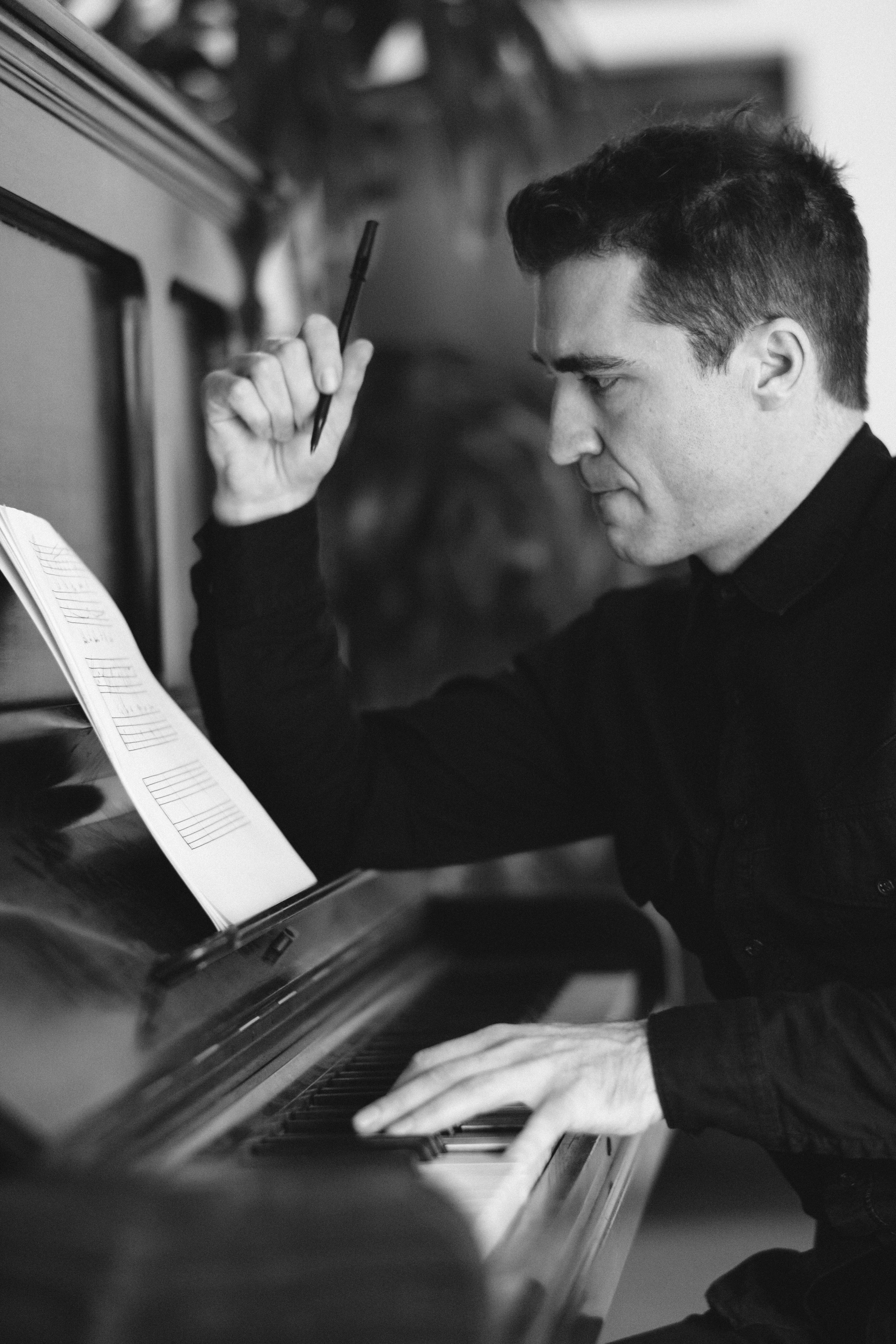
http://www.donmirra.com / http://www.instagram.com/don_mirra_photography/
He’s sound sensitive. Whether it’s to the self-unaware disruptive blokes sitting next to us at The Federal Bar in North Hollywood or to the digital harshness of overly compressed MP3s on certain streaming services, Los Angeles-based British composer, Tim Despic, like all of us, operates and lives among frequencies. He’s just much more in tune with them (no pun intended).
Tim says, “I tend to listen to vinyl because my ears are sensitive and the sound of some MP3s grates me. I guess I’m so used to e-queuing sound for an orchestra and constantly analyzing it.” Despic is known for scoring films such as Final Score starring Dave Bautista, Ray Stevenson, and Pierce Brosnan, Precious Cargo starring Bruce Willis, Heist starring Robert De Niro, and many more.
LEFAIR Magazine caught up with Tim Despic on his current projects, creative process, and musical background. He describes himself as “a bit of an oddball.” He also mentions that he is a magician, which should not surprise since “everyone in LA is at least four things,” he points out. Typical days for Despic vary depending on what project he’s working on. “Unless the clock is really ticking,” he says, ideally he starts his day with a hike up into the hills. When working in LA, he resides in Franklin Village, near the Hollywood sign and just around the corner from his favorite bar, La Poubelle. He’s currently in the middle of working on a highly technical orchestration with a violinist in New York. So he passes on the pint, maintaining that he must keep a clear head for the rigorous work he has ahead of him.
“With all the different time signature changes and complex notation, it takes a lot of focus,” he says.
Despic was introduced to music at an early age. When he was seven years old, he knew several girls who began playing piano. “None of the boys I knew wanted to play piano and almost everyone who played was forced to play by their parents. None of the six and seven years olds wanted to learn, but for some reason, I did.”
A self-stated “terrible sight reader” but excellent listener, playing and writing always came much more naturally to Despic than reading sheet music. When he was a teenager, he taught himself guitar. “I took a much different approach…The only way I knew how to learn was through feel and I would go back to piano and apply my new way of playing. I started focusing on writing more than anything else.”
One of the interesting things about scoring for film, Despic points out, is that, unlike writing music in which you are creating on a blank canvas, scoring forces you to write alongside or for a piece of art that is already created. “You’re helping tell a story. No matter how different or original you make the score, it’s still part of the film,” he explains. This style of writing comes with its own challenges and thrills.
Last year he and long time collaborator, James Edward Baker, co-scored the movie, Final Score with Dave Bautista and Pierce Brosnan, directed by Scott Mann. The film was released in September 2018 and was, of course, a much bigger success in Europe and China due to the film following the West Ham soccer team and a terrorist siege at a match, appealing to the soccer territories of the world. To his amusement, while scoring the film, Tim discovered that the 100 year-old soccer stadium in London was actually blown up during the making of the film. In real life, since West Ham was moving to the 2012 Olympic Stadium, the last few days of filming were used to bomb the old stadium for the movie’s bomb scene.
“That was one of the cool features. Scott Mann, who I also worked on Heist with, would come over to my studio while I was working. We would go through the scenes and I remember seeing some of the landscapes of destruction and being so impressed and commenting on them, thinking they were CGI. And he said, ‘No, that’s actually real.’ It’s kind of sad that in this day and age you assume it’s special effects but there was also a scene with a motorcycle that did a huge jump and you think it’s not real but it was a real stunt and the man almost died doing it. It was a genuine action film.”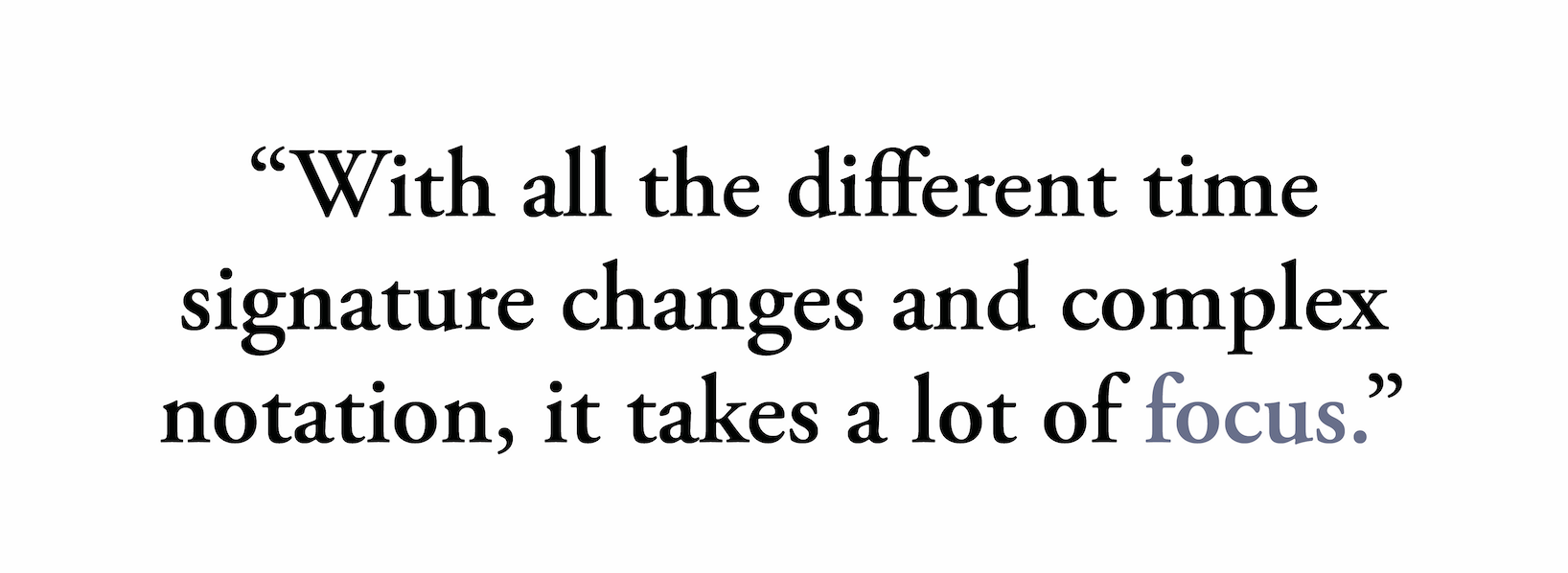
Even though Despic finds it exciting to be part of films like this, he knows that he is capable of scoring for a variety of genres, and is sometimes concerned about being pigeonholed into scoring for solely action and thriller films. Films aside, when he can, he also likes to “work from a blank canvas” and he is currently working on an EP. “I didn’t start by writing to films. A lot of the orchestral releases I have are from scratch. I’m trying to show my natural organic side with this EP.” A string quartet and piano are featured on the EP. There are also some woodwinds and rhythmic elements. The project is set to be released in September of 2019.
Despic recently purchased a new piano. It’s situated in his living room. He had originally planned to place it in his studio among his other instruments, but the musician recently discovered he needed a work-life separation that still included music. Although his studio is in his apartment, “It feels less like home,” he explains. The studio is a large room with a plethora of instruments.
“When I’m in there, I’m in a different zone. I have a nice balcony that looks up into the hills in the sunshine. Sometimes when I’m stuck, I’ll go out there and just look,” he says.
Despic’s processes for writing, editing, and deriving inspiration are very different depending on the kind of project he’s working on. Despic explains that there’s a lot of depth and darkness in creating certain feelings musically and that mood has to come from somewhere.
“Some people are surprised that I am as cheerful and fun as I am while writing things that are dark and edgy. But I can also come off acting like my music sometimes too. When I’m not writing music, I might be more cheerful and fun. I go to another side when I’m writing, adifferent headspace. I like to laugh but when I’m writing music, I certainly don’t laugh unless I make a tragic mistake and hit a wrong note.”
If Despic is not on deadline and he doesn’t have to “stop and think too hard,” he says 14 hours in the studio can go by in the blink of an eye. 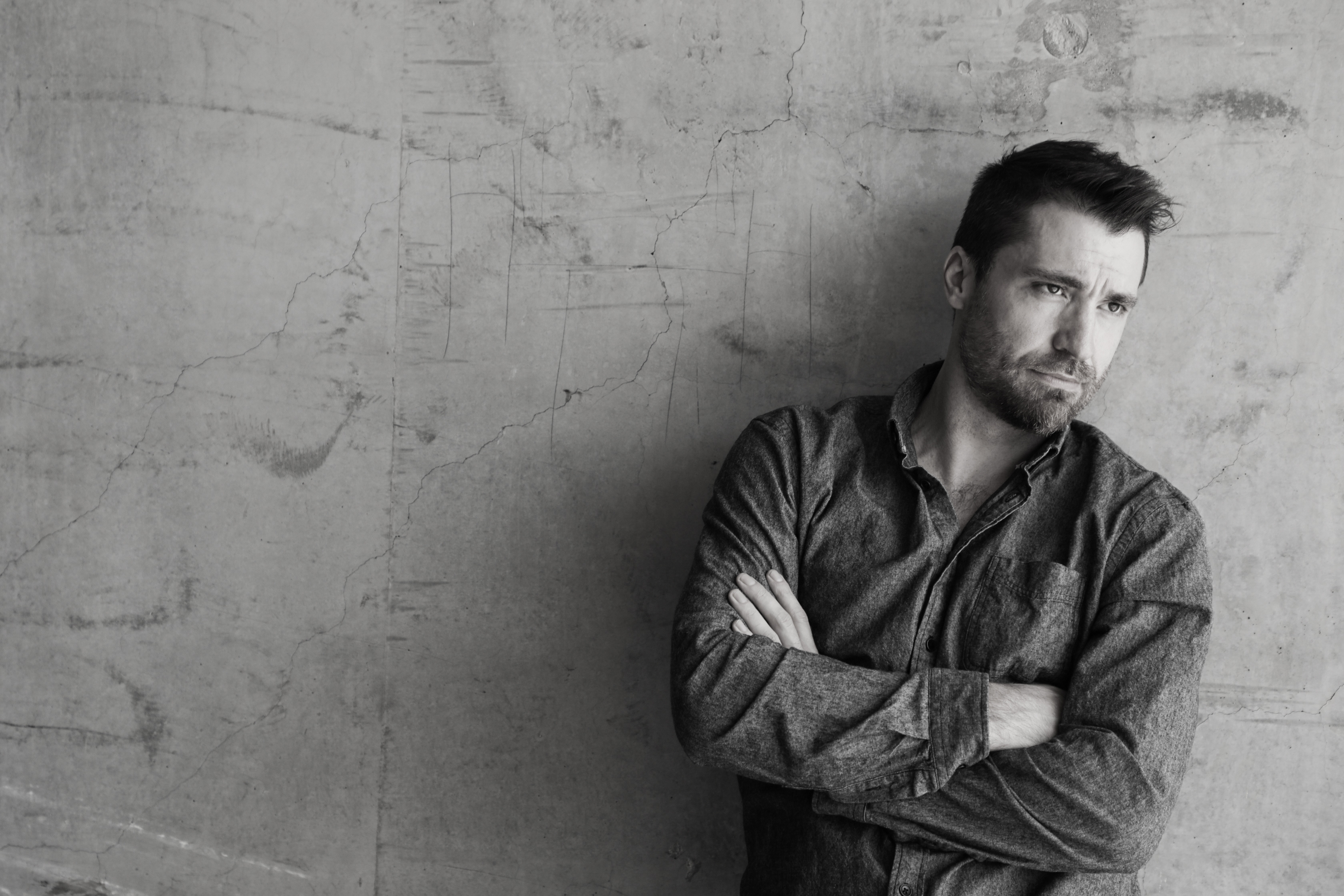
With a hard deadline on a project like a film, Despic finds rising to these challenges and time crunches somewhat thrilling: “Your
adrenaline kicks in. It forces you to make a lot of decisions and push through.” In contrast, when he’s not working on a picture and he is simply writing music, Despic explains that there are a million more avenues you can go down and knowing which ones to toss and which ones to pursue, can be a challenge. Think of it like using a coloring book versus a blank sheet of paper. The coloring book, much like scoring for film, has a certain shape and parameters already set and likewise, a sad scene calls for sad music.
Some days, Despic explains, procrastination creeps in, usually to avoid making difficult creative decisions. “Coming back and listening to something later on often helps. I will hear the song or score in a different way and I can make a judgment. When you first hear something, you can’t tell if it’s just another idea or something special.” When he gets stuck he’ll try to reset by going out for a coffee or putting on a vinyl record
“I have a lot of vinyl in the house. I like to detach and put a record on. Because it’s vinyl, I can’t skip tracks and have music ADD. I’m forced to listen to something fully. I try to listen to classic albums that I find when I’m searching through thrift stores— YES or Crosby Stills and Nash, James Taylor— I enjoy record hunting. Bob Dylan, Pink Floyd, Hendrix, Led Zepplin, every classic Beatles album— I tend to listen to this because it’s completely different from what I’m writing during the day.”
When music becomes a full time career, as brilliant as that is, Despic explains, it becomes important for many professional musicians to separate their work music from the music they listen to in their free time.
“You can enjoy all music… remember what you enjoy can be different from what you’re working on,” Despic says. “Music is never the s ame when it becomes your career and you’re no longer just doing it for fun. It’s important to remember why you first started listening, why you first started playing, and why you started writing. Go back to how it all started. It’s important for the writing process. It’s all influential in some sense.”
But the road to Despic’s full time career in music was long and began with a four-track tape recorder, which at the time (the “stone age,” Despic says) was as close to a home studio as you could get, the earliest stage of home production.
“At the time it was revolutionary that I could play a part in a tape machine and play over top of it and layer music at home. Of course now you can do that one a phone. There were no short-cuts. I guess it made you learn things more thoroughly.”
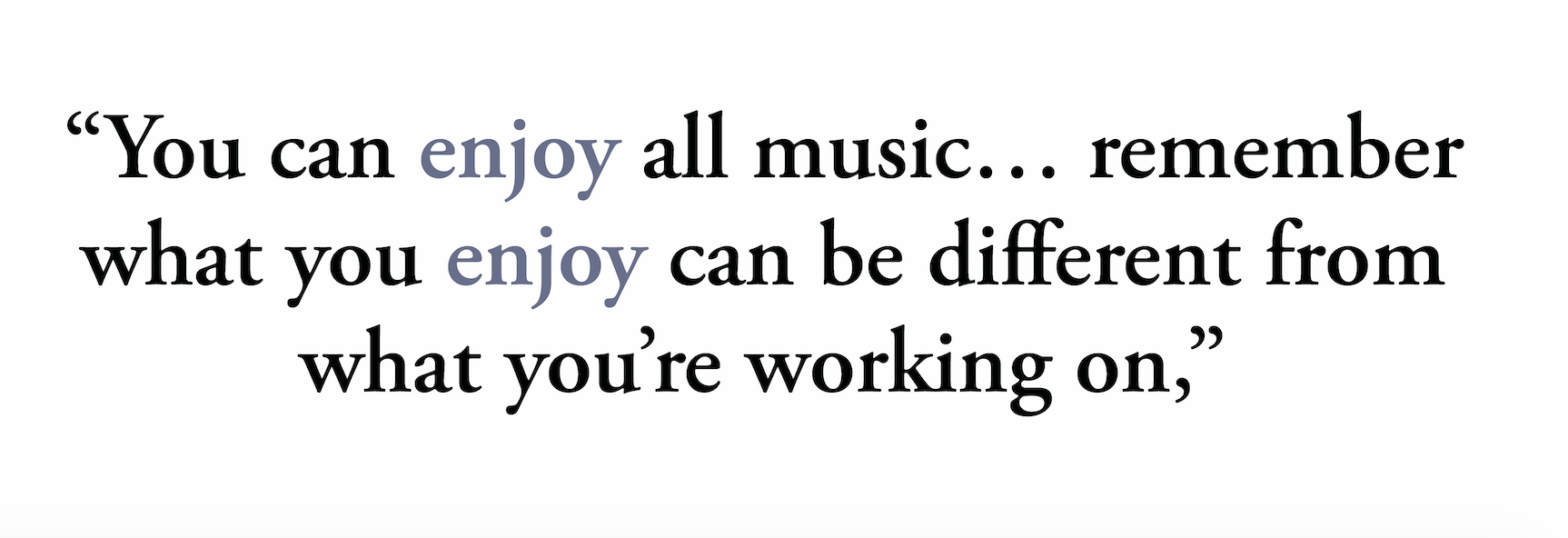 Hollywood was never exactly the target for Despic. He was focused on scoring for film and where he did it, didn’t exactly matter at the time. He landed his first scoring job at age 26 with composer and friend, James Edward Baker. Barker is an award-winning British composer, music producer and film producer. Barker has composed for over 30 feature films, including Lean On Pete, directed by Andrew Haigh (Weekend, 45 Years), which James won Best Original Score for at the 2017 Les rcs Film Festival. “We started out and scored films together. We still collaborate to this day.”
Hollywood was never exactly the target for Despic. He was focused on scoring for film and where he did it, didn’t exactly matter at the time. He landed his first scoring job at age 26 with composer and friend, James Edward Baker. Barker is an award-winning British composer, music producer and film producer. Barker has composed for over 30 feature films, including Lean On Pete, directed by Andrew Haigh (Weekend, 45 Years), which James won Best Original Score for at the 2017 Les rcs Film Festival. “We started out and scored films together. We still collaborate to this day.”
Of course, when it rains, it pours (especially in London). At this same time, Despic was in a band, Go Tell The Eskimo, that signed a record deal with an indie label in Los Angeles. The band started recording in California. The band’s management, licensing and record deal was all based in Los Angeles and much of the music that Despic was writing was used in American TV. Getting involved with American feature films, signing to a Hollywood composer agency, and the constant need to fly to Los Angeles from London, Despic’s move to work in the US was an organic evolution.
“One of the great things about it is that I’m surrounded by composers, film makers, and actors. It’s healthy in the way that some of it is competition but it’s also a source of inspiration.”
Sometimes inspiration is right in front of you. There’s a scene in Heist, during the climax of the film and Robert De Niro’s monologue there that Despic remembers scoring. The deadline was approaching and he had to work fast.
“I remember stopping and looking at the scene of one of my heroes. I had been waiting to do something like that. The inspiration was right there in front of me. I didn’t have long to pause but I remember thinking: This is actually happening. If this is as far as it goes, I can’t complain because just to have done this is an honor.” For Despic, it is often difficult to recognize special moments while composing because he has to work fast and move on to the next scene or project.
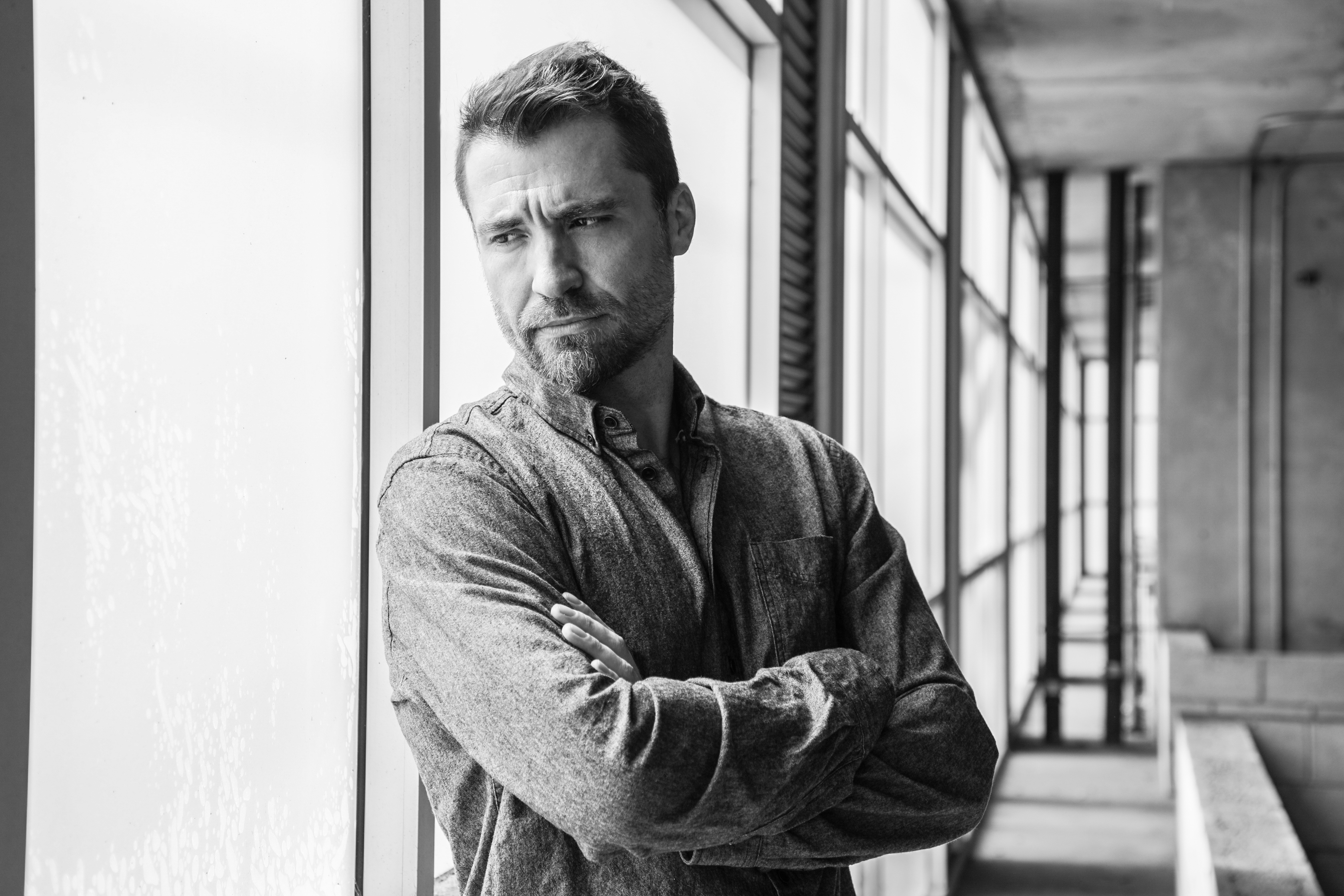 They say a piece of art is never truly finished. This rings true for Despic’s music who says he’s often overly critical of his work in retrospect. Because music is subjective, Despic says, “You have to create a deadline and it you have to ‘finish’ at some point. All of the alternative options are not necessarily better or worse or right or wrong but your brain thinks: I could have done it this way…”
They say a piece of art is never truly finished. This rings true for Despic’s music who says he’s often overly critical of his work in retrospect. Because music is subjective, Despic says, “You have to create a deadline and it you have to ‘finish’ at some point. All of the alternative options are not necessarily better or worse or right or wrong but your brain thinks: I could have done it this way…”
Despic has worked in LA for four years on and off. His plan is to keep scoring and keep pushing towards the sounds that express his true writing abilities. “I’m always trying to write a true expression of myself but, of course, that evolves over time.” For Despic, the narrative of music tells the stories of his life and he plans to keep releasing albums separate from films in pursuit of truth, originality, and this yin and yang (album and film scoring) creative dynamic. His latest project, The Courier starring Gary Oldman and Olga Kurylenko is set to release in 2020.

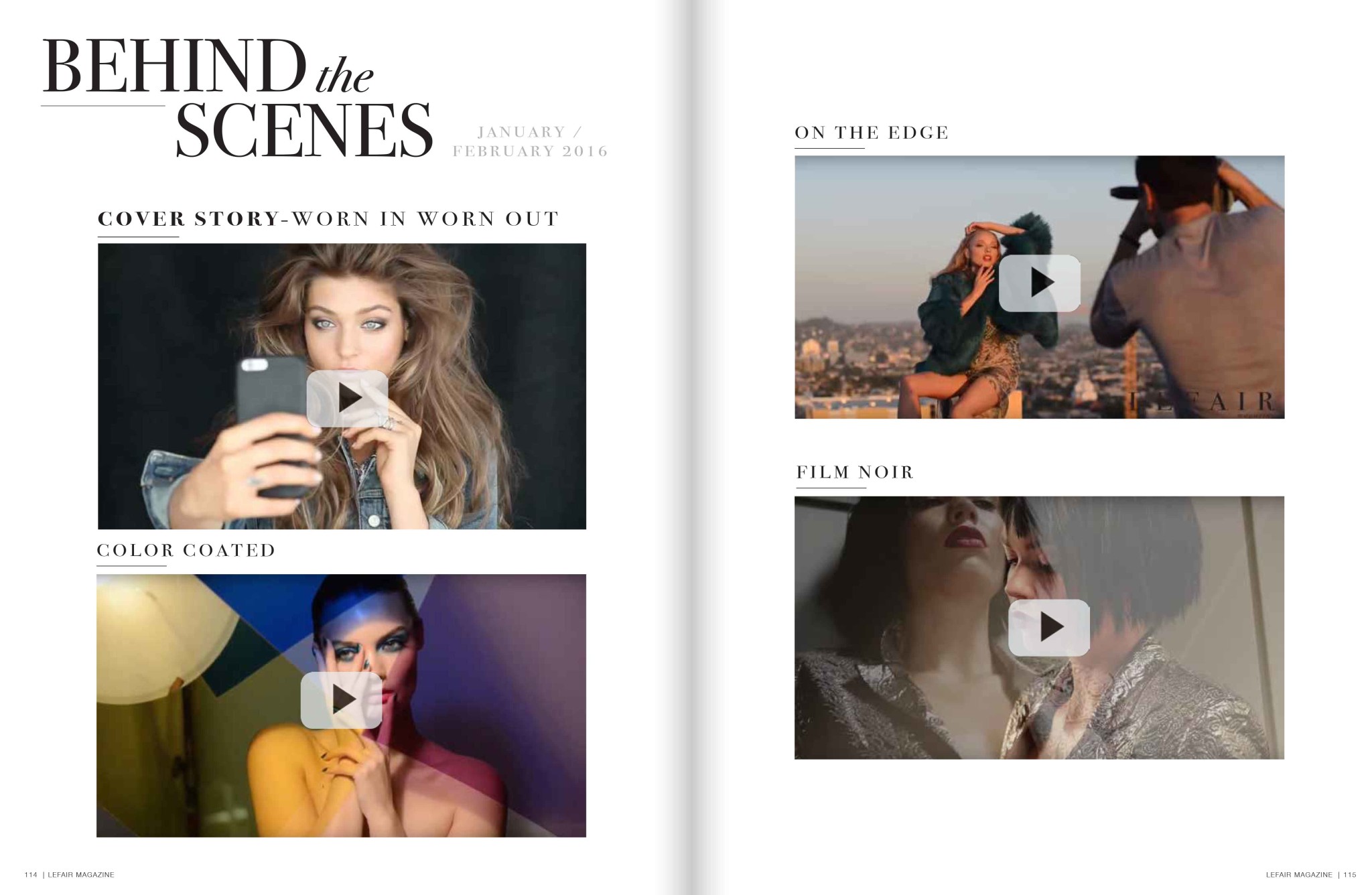
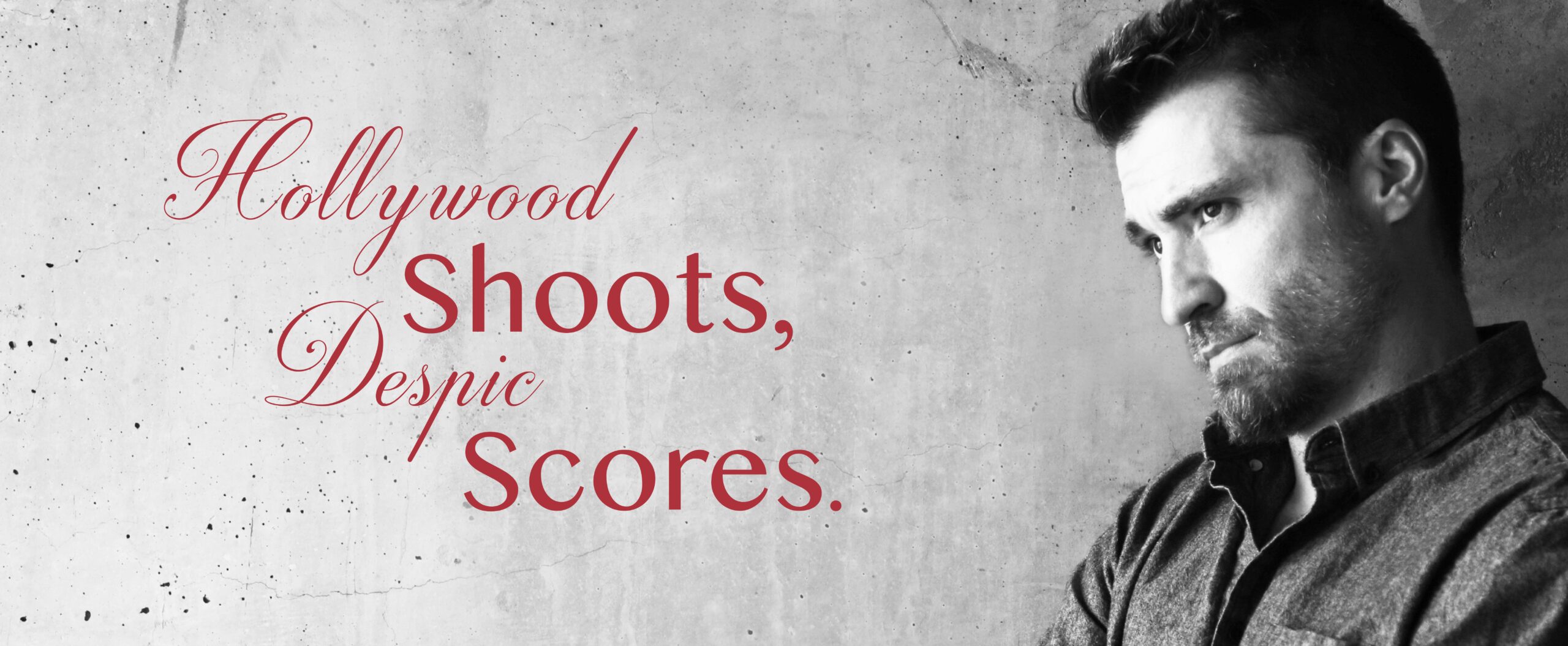




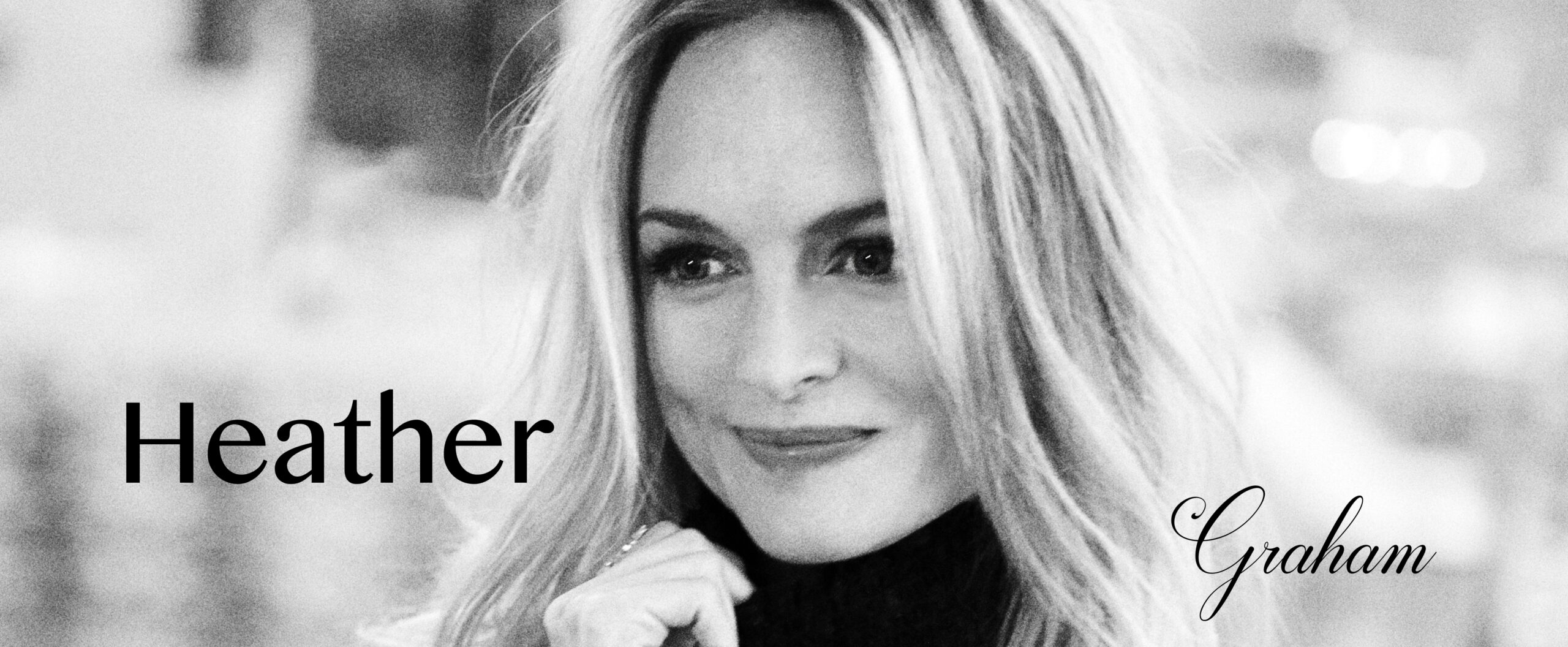
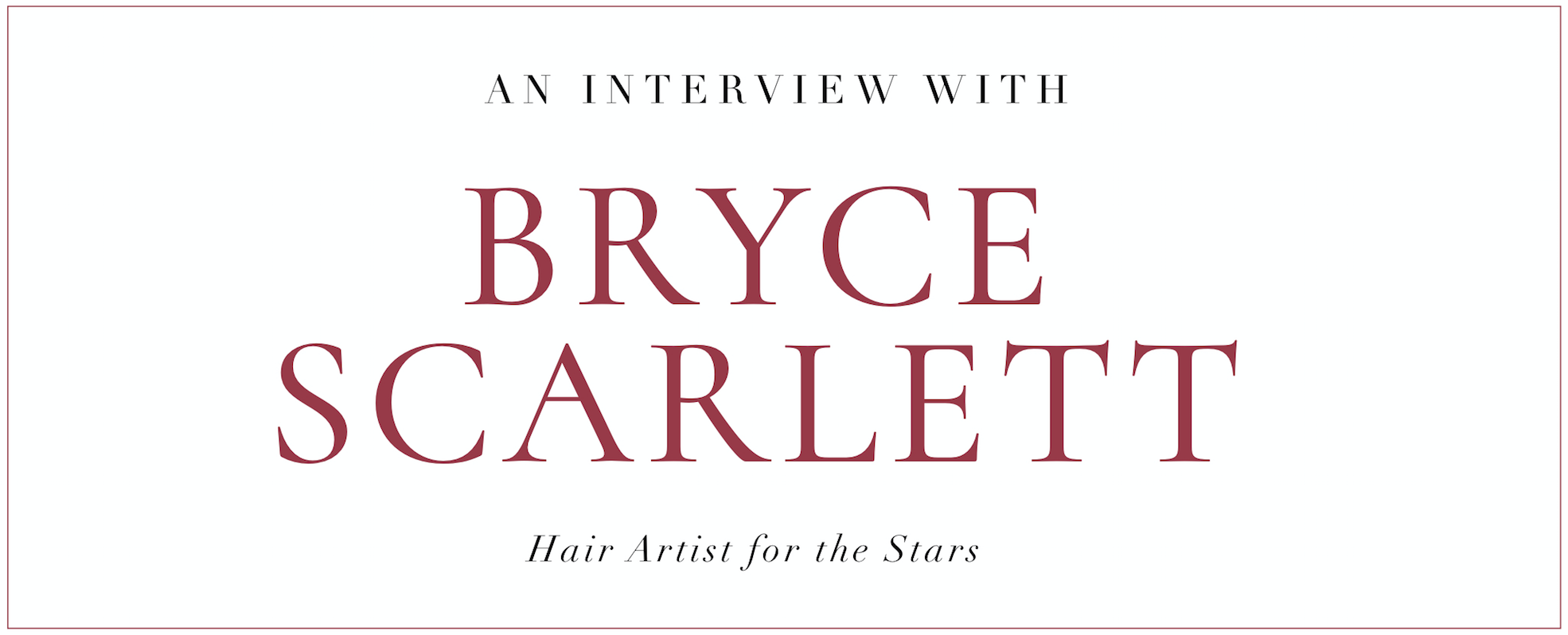



Leave a Reply